"The last straw"
A recent commentary on the website of the Carnegie Endowment for International Discussions argues that if the news of Kazakhstan and Uzbekistan joining a “gas alliance” with Russia had appeared before February 24, 2022, it would hardly have attracted much attention. It would simply be another Russian integration initiative in the post-Soviet space. But since Russia has begun a special military operation in Ukraine, any cooperation with Russia seems risky.
In theory, the reserves should be more than enough to meet both domestic consumption and exports. Even the governments of these countries have assured this. In 2021, then-Uzbek Energy Minister Alisher Sultanov said that there was enough domestic gas for “3 Uzbekistans”.
But in reality, it is not enough for just 1 Uzbekistan. This winter, people in many parts of the country (even in the capital) witnessed drivers standing in lines for kilometers to fill up with gas, and gas stations were closed many times. The same thing happened in some parts of Kazakhstan.
This is because gas production in these countries is not intended to meet domestic demand and export obligations are growing rapidly. The share of gas in Kazakhstan's energy balance is constantly increasing due to the country's ongoing gasification process. In 2013, 30% of the population was supplied with gas, by the end of 2021 it was 57%. In addition, Kazakhstan plans to achieve carbon neutrality by 2060.
In Uzbekistan, the share of gas in the energy balance has exceeded 80%, and Tashkent plans to become carbon neutral 10 years ahead of Kazakhstan. Although in 2020, according to data from the International Energy Agency, Uzbekistan produced exactly the same amount of energy as it consumed.
There are also other reasons why gas consumption in Uzbekistan and Kazakhstan is growing by 7-10% per year, such as population growth (1.5-2% per year), expanding housing stock, and industrial development.
In Kazakhstan, industrial production volumes in 2023 may increase by 4%. While in Uzbekistan, the indicators may be larger, for example in 2021 a record growth of 9.5%.
In addition to their domestic markets, Uzbekistan and Kazakhstan are both currently obliged to fulfill gas export contracts with China. And these obligations have not yet been fully fulfilled. In 2022, Tashkent announced a suspension of the contract and Astana announced a reduction in gas exports to China due to a shortage in the domestic market.
The governments of Kazakhstan and Uzbekistan are facing the same problem: they cannot fulfill their obligations to China and their people at the same time.
However, there is a “temptation” in supplying gas to China, which is to attract strategic partners and receive foreign exchange. However, the recurring energy crises in the country threaten the stability of political regimes. Experts at the Carnegie Endowment Center believe that this winter's problems could be the “last straw” for the two Central Asian countries to resolve to closely cooperate with Russia to solve the gas shortage.
In Kazakhstan, the gas issue was the main cause of unrest in early 2022. More than 1 million people took part in the marches.
In Uzbekistan this winter, the energy crisis led to local protests that left many high-ranking officials unemployed. So Kazakhstan and Uzbekistan are not choosing between two evils, but are trying to solve the problem in other ways.
The best way out for these two countries now is to start importing gas. Like Russia, Turkmenistan is a global gas giant (ranked 4th in reserves and producing over 80 billion cubic meters annually). In 2022, Kazakhstan and Uzbekistan agreed for the first time on direct imports from Turkmenistan.
However, there are still issues in that cooperation that make both Kazakhstan and Uzbekistan unhappy, and Turkmenistan has also disappointed its new partners in the past. In January 2023, Ashgabat stopped exporting to Uzbekistan due to “technical problems”. Moreover, Turkmenistan has also failed to fulfill its contractual obligations to China and now has to pay fines to Beijing.
Second, cooperation with Turkmenistan in the energy sector is limited to trade. In terms of technology, Ashgabat itself depends on its Chinese partners. Therefore, Kazakhstan and Uzbekistan see Turkmenistan only as an additional supplier.
And they see Russia as a key supplier, not only can they trade oil and gas, but they can also expand technological cooperation, build and modernize underground gas storage facilities, manage energy infrastructure….
Both Kazakhstan and Uzbekistan, despite some loud statements and gestures amid the Russia-Ukraine conflict, maintain close relations with Russia.
A new normal
Meanwhile, on the Russian side, the Central Asian market is no stranger to the Gazprom oil and gas corporation. According to a recent investigation by the Ozodlik news site, Gazprom, through a network of foreign companies, together with Uzbek oligarchs, controls important oil and gas fields in Uzbekistan.
Now Russia is interested in expanding into relatively small markets in Central Asia. Since European countries began to abandon Russian fuel, about 150 billion cubic meters of Russian gas have been cut off from export.
Of course, Uzbekistan and Kazakhstan will not be able to replace the European market, but they can soften the impact on Russia of losing an important customer.
And for Central Asia in this regard, more favorable terms of cooperation can be negotiated. According to analyst Sergey Kapitonov of the Skoltech research institute, one of the options is to agree on a price lower than the price at which the Chinese buy gas from Kazakhstan and Uzbekistan. Thus, domestic demand will be met by Russian fuel, and exports to China will ensure foreign exchange earnings.
However, there is a problem with this plan. Signing new agreements with Russia could face opposition from the people of Kazakhstan and Uzbekistan. Media reports said that Russia had allegedly demanded that the gas transport systems of Uzbekistan and Kazakhstan be transferred to Gazprom. The authorities of these countries immediately announced that the information was unfounded.
Some argue that Russia, by drawing its southern neighbors into closer gas cooperation, wants to gain control over gas exports from Central Asia to China. But that is difficult to achieve: the Chinese pipelines, which pass through Uzbekistan and Kazakhstan, are controlled by joint ventures with Chinese shares. And Beijing has been trying to diversify its gas suppliers for years, not to hand over control of the supply network to another country.
Russia may start supplying gas to both Uzbekistan and Kazakhstan this March. Details have not been released yet.
However, according to international commentators, the “Trilateral Gas Alliance”, proposed by Russian President Vladimir Putin last fall and rejected by the governments of Kazakhstan and Uzbekistan, will still be implemented. It is risky to talk about rapprochement with Russia at this sensitive time, so new initiatives will be implemented quietly. This is the new normal. It is very likely that we will talk about a regular supply that will meet the growing needs of the three partners in this alliance.
Of course, according to analysts, for the Central Asian countries, the resumption of gas cooperation with Russia brings both benefits and risks. On the one hand, regular supplies will ensure economic growth, soothe society and resolve problems with China. On the other hand, thanks to gas supplies, Russia will expand its already extensive sphere of influence in Central Asia.
Tashkent and Astana will find it harder to pursue a multilateral foreign policy, and the issue of distance from Russia will have to be postponed indefinitely.
 | Gold price today March 15, 2023: Gold price exceeds 1,900 USD, Fed will trigger price to 2,000 USD, should buy or sell? Gold price today, March 15, 2023, traded above the threshold of 1,900 USD, although it was not stable at times. Analysts expect that gold price will still attract ... |
 | Coffee price today March 16, 2023: Coffee price returns to downtrend, robusta breaks psychological support level of 2,100, supply is still a worrying factor? The uncertainty over the US banking and financial sector over the past week, coupled with predictions of interest rate hikes... |
 | Developing electric vehicles - a big investment for the future or 'playing extravagant' with a luxury item? Southeast Asia seems to be catching up with the world's electric vehicle development pace, as evidenced by manufacturers ... |
 | Chinese President Xi Jinping: Private Enterprises Are All 'Our People', Mobilizing All Efforts to Restore the Economy Chinese President Xi Jinping called on businesses to "throw away worries, shed burdens, and boldly develop" in ... |
 | Sanctions against Russia: Western attack hits double target, Moscow's 'luck' is over? “There are signs that President Putin's 'luck' may be starting to run out, as Western countries impose ... |
Source


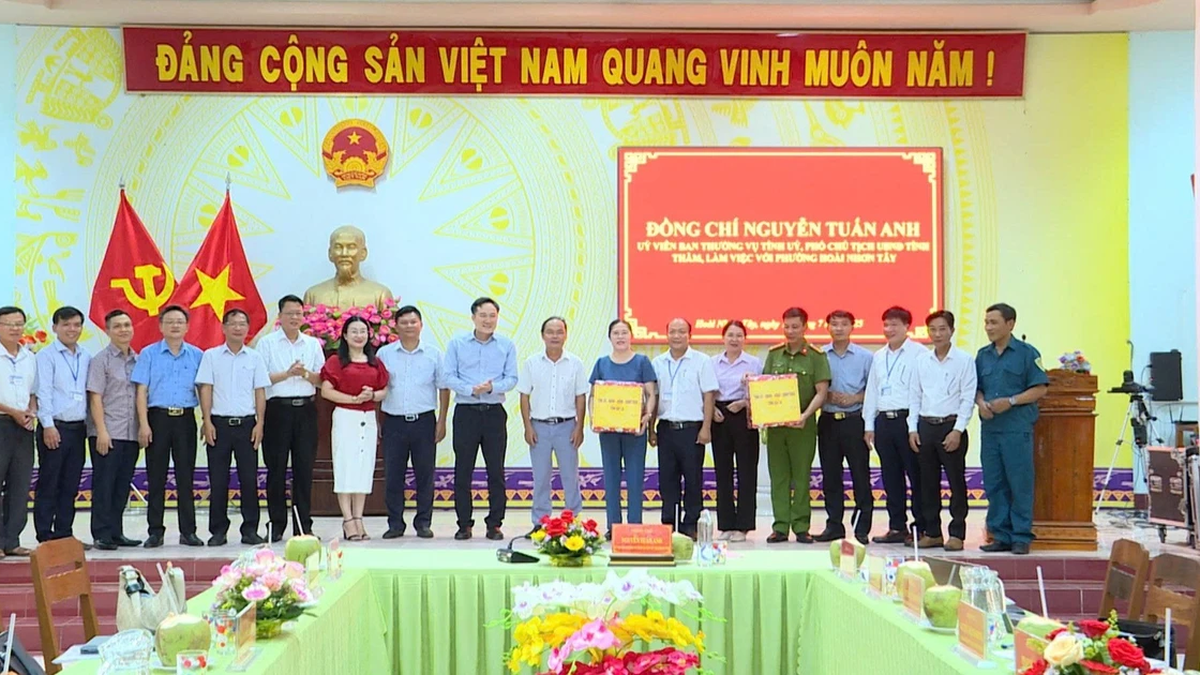

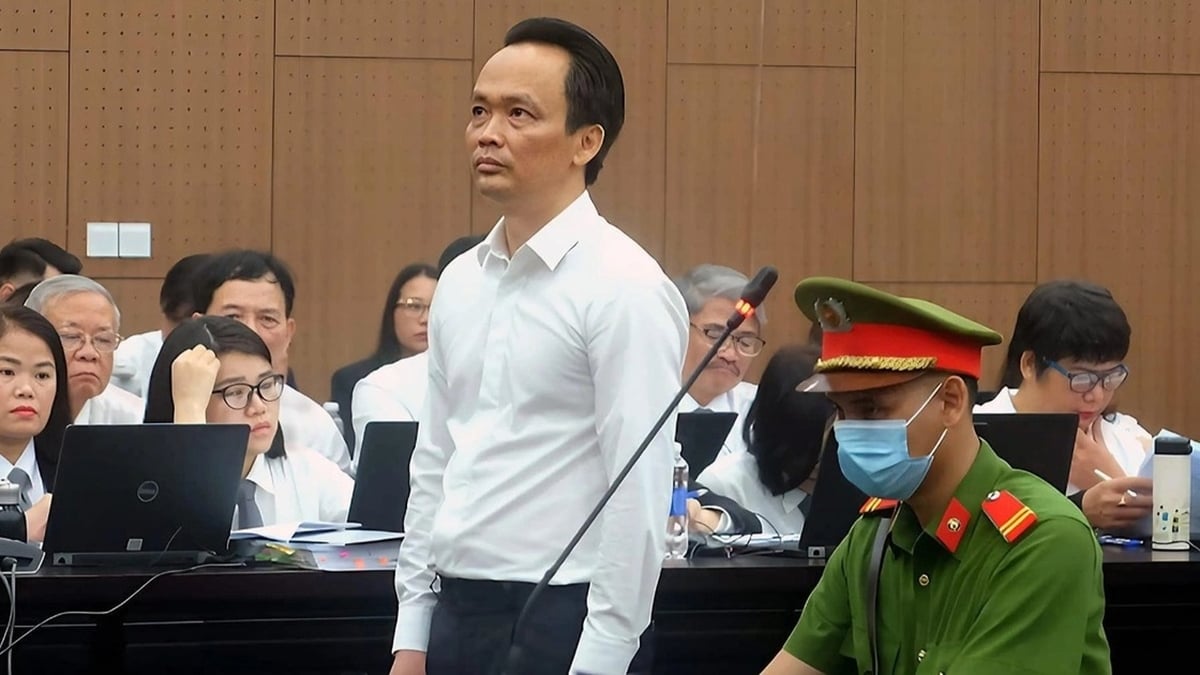

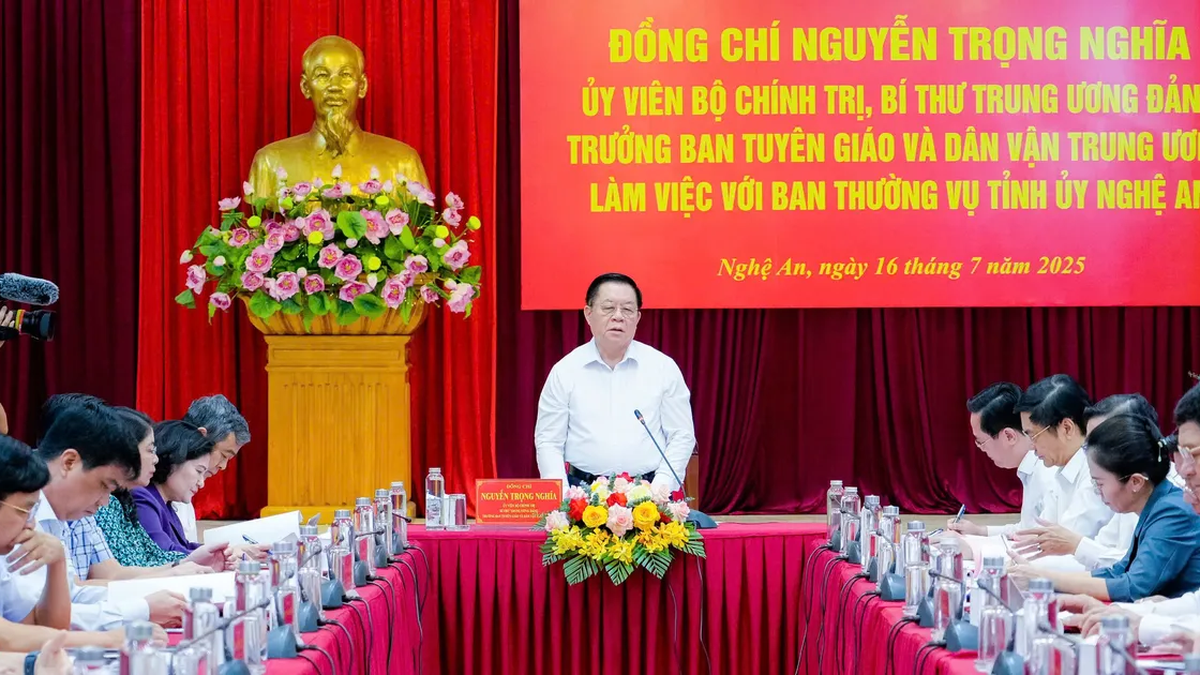
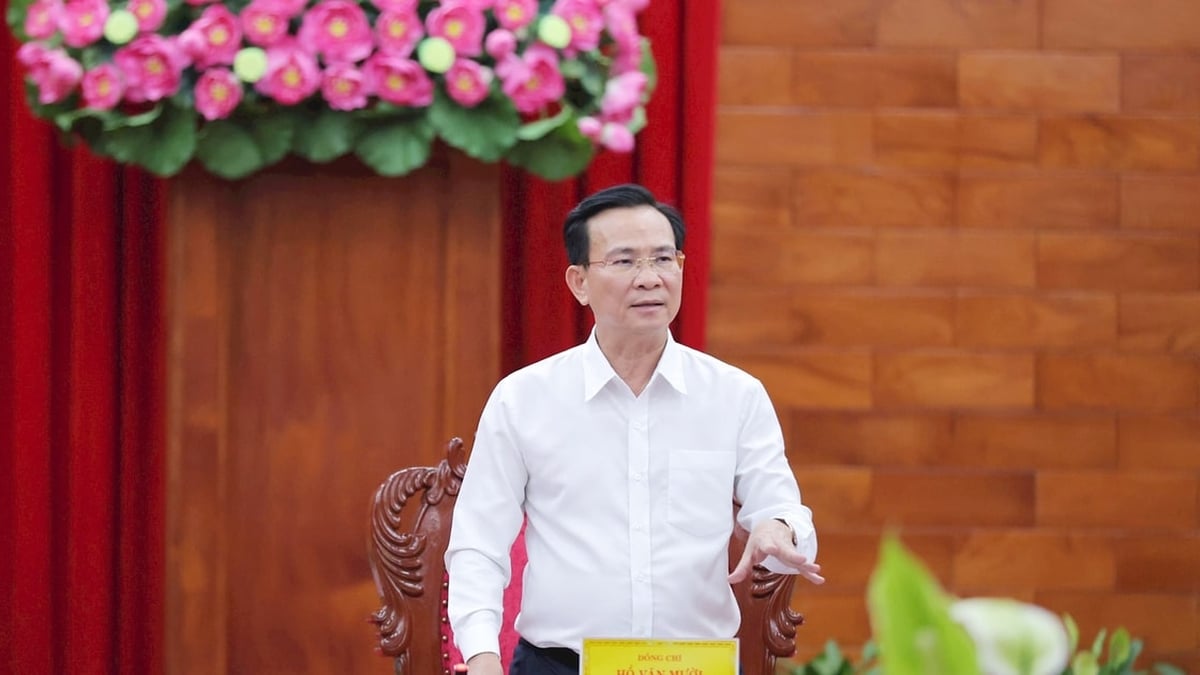
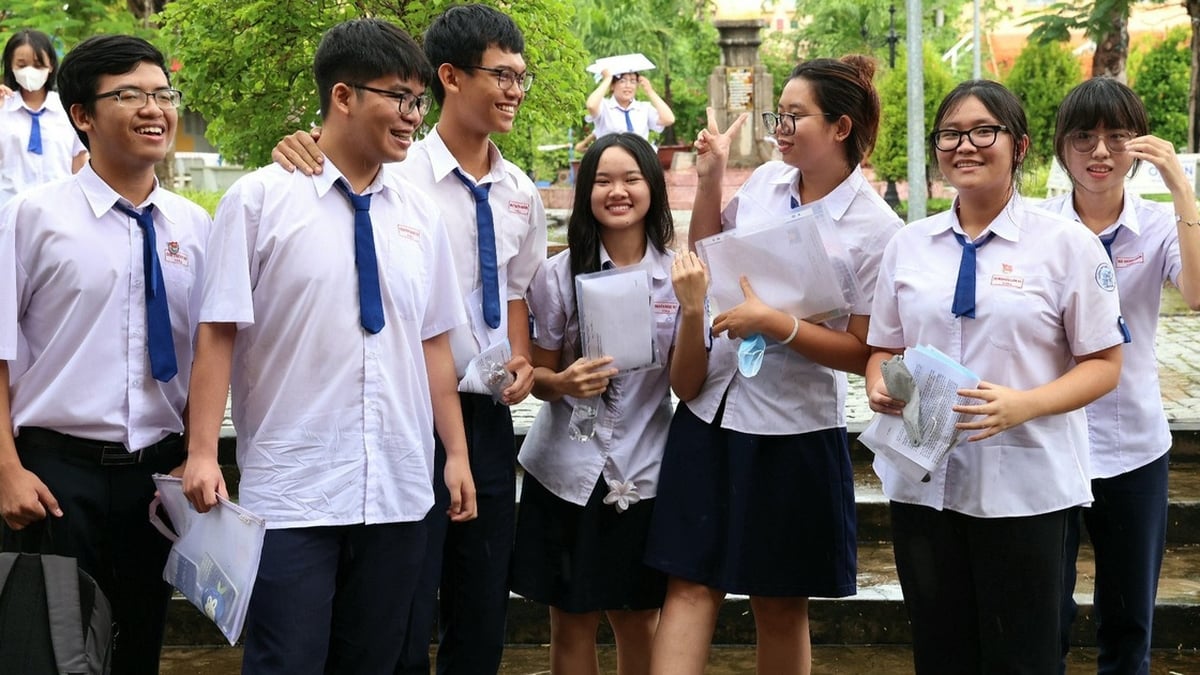

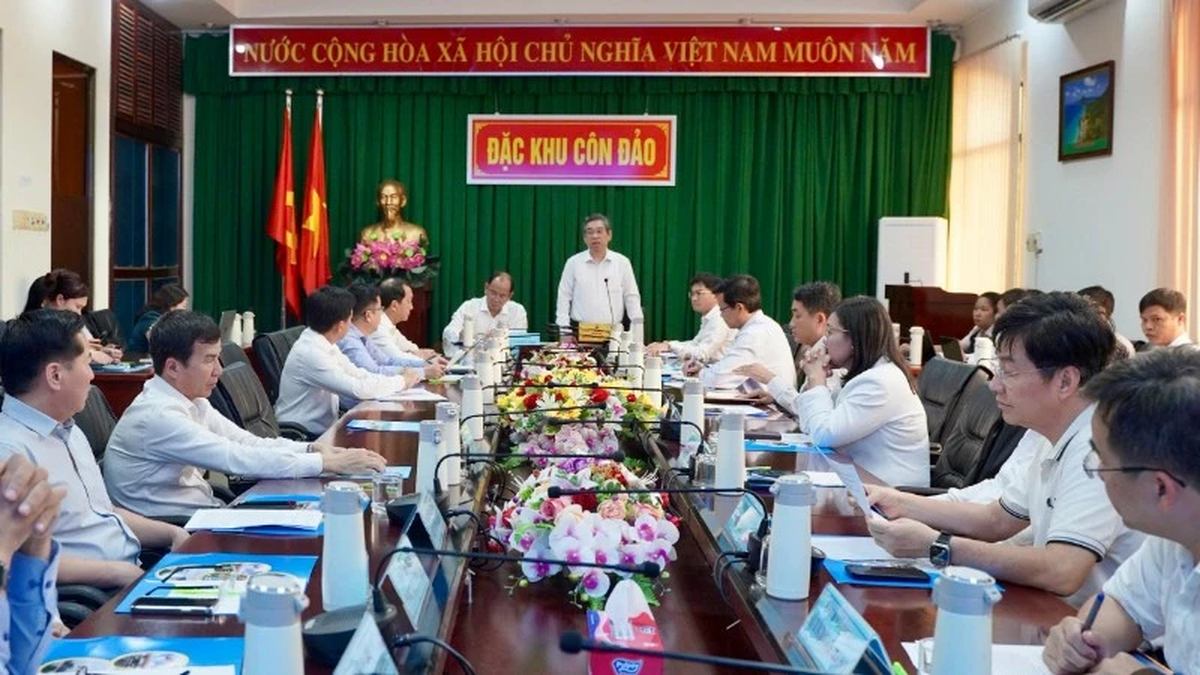
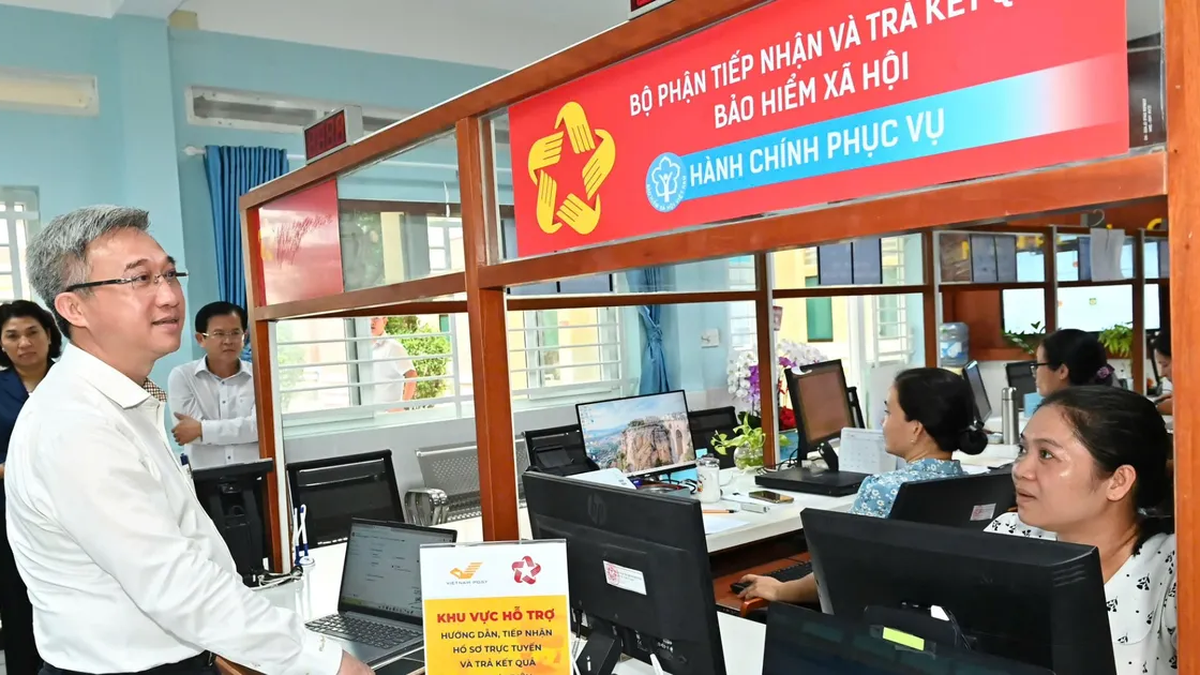








































![[Maritime News] More than 80% of global container shipping capacity is in the hands of MSC and major shipping alliances](https://vphoto.vietnam.vn/thumb/402x226/vietnam/resource/IMAGE/2025/7/16/6b4d586c984b4cbf8c5680352b9eaeb0)













































Comment (0)